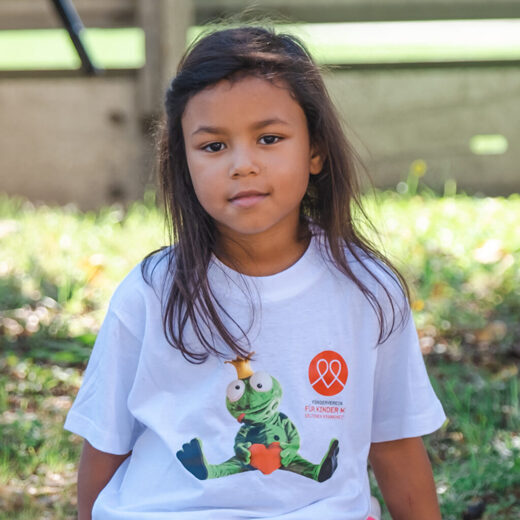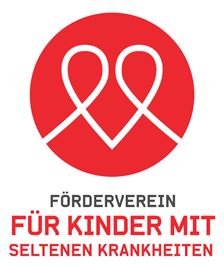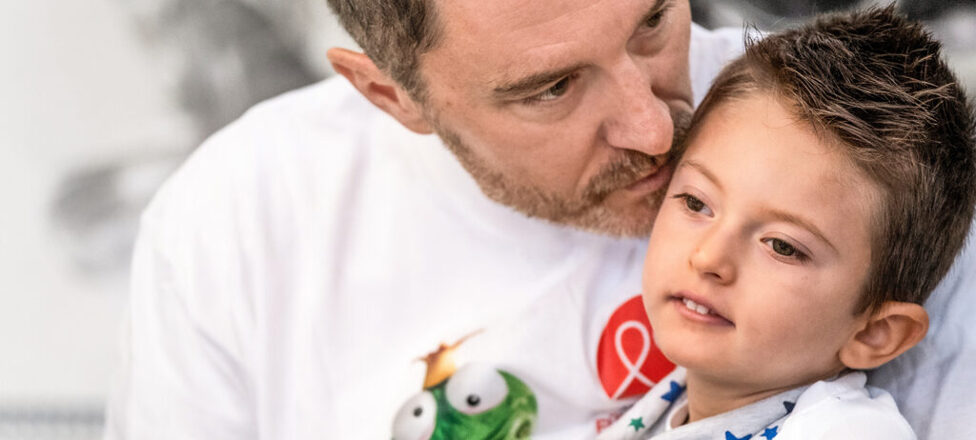Rare diseases - Important laws and checklists

The distribution of auxiliary means by the IV and AHV is being expanded
future, in addition to mobility assistance dogs, the IV will now also finance a contribution towards the costs of epilepsy alert dogs and autism assistance dogs. This will enable people with disabilities to lead a more self-determined life. Furthermore, the payment model for third-party services (e.g. sign language interpreting) will be changed from a monthly to an annual payment. The AHV entitlement to orthopaedic shoe fittings will be extended: AHV will now make an annual contribution to costs instead of only every two years as before. The Federal Department of Home Affairs (FDHA) is implementing three motions in the area of medical aids on January 1, 2024 with the corresponding amendments to the ordinances on the dispensing of medical aids by the IV (HVI) and AHV (HVA).

Medical measures for children with congenital defects: Reimbursement by IV is improved
Bern, 06.09.2023 - In future, disability insurance may cover certain means or objects used for examination or treatment, even if they are not treatment, even if they are not listed in the benefits catalog of health insurance Health insurance benefits catalog.
At its meeting on September 6
2023, the Federal Council adopted the amendment to the IV Ordinance on the reimbursement of
medical measures by the IV. Benefits that
are not listed in the benefits catalog or whose costs exceed the
the set rates are already reimbursed in practice by the IV
already reimbursed by the IV offices. The ordinance will now be amended in order to
Conformity with the law.

Circular on the assistance contribution (KSAB)
From 1.1.2022, there will be some changes to the assistance contribution. The adjustments mainly concern changes to care and the night allowance.

Legislation in progress - updating the list of birth defects
The revision of the "Further development of disability insurance" (WEIV) law comes into force on 1.1.2022. The Federal Council and Parliament are thus pursuing the goal of further improving the disability insurance system under the premise of strengthening integration and preventing disability. As conceived by the Federal Council, additional costs and savings are balanced. One of the central topics of the revision is more intensive support for individuals and more intensive management in cases where a child or young person is affected by a congenital defect and requires medical measures.
With the WEIV, the list of congenital defects in particular will be brought up to date. It has not been revised since 1985. The list therefore no longer reflects the current state of scientific knowledge in certain areas. It not only contains terms that are obsolete today, but also conditions that are not congenital defects as defined by the IV because they can be treated easily or with little effort today. In future, the treatment of such conditions will be covered by health insurance instead of the IV. Conversely, new conditions have been added to the list, in particular rare diseases that are considered congenital defects.
NEW FEDERAL LAW FOR CAREGIVING RELATIVES
The new Federal Act on the Improvement of the Compatibility of Work and caring for relatives was passed by Parliament on 20.12.2019
In order to be able to demonstrate the new federal law for caring
In order to demonstrate the new federal law for family carers, the Federal Chancellery, on behalf of the
Federal Department of Home Affairs together with the Association for the Promotion of
for children with rare diseases and one of our 600 affected
KMSK families affected have produced this information video.
The 14-week care leave for parents of children with serious health conditions children with serious health conditions came into force on July 1, 2021. It is second package of measures under the new Federal Act on the Improving the compatibility of employment and caring for Care for relatives, which was passed by Parliament in December 2019 was adopted. The first package of measures already came into force on January 1, 2021 And includes short leave of max. 3 days for the care of relatives (Art for the care of relatives (Art. 329h OR), the expansion of Care credits in the AHV (Art. 29septies AHVG) as well as the Adjustment of the entitlement to intensive care supplement and HE of the IV for Children who are hospitalized (Art. 42bis para. 4 IVG).
"The new 14-week care leave for parents of children with with severe health impairments is not a vacation entitlement a vacation entitlement. The Leave is granted to parents who have to interrupt their employment to care for their have to interrupt their employment to care for their seriously ill or injured underage child. It lasts a maximum of 14 weeks, during which they receive compensation amounting to 80 % of their Income relevant for the AHV,
a disability in itself
is notin itself is not considered a serious health impairment within the meaning of the Of the law. Therefore, there is no entitlement to the Care allowance if the state of health of the disabled child is stable Child is stable. Parents of disabled children can only be entitled to the Care allowance if the disabled child is acutely worse off worse off. There must therefore be a drastic change in the child's physical or mental condition and the course of this change must be change must be difficult to predict or there must be a permanent or permanent or increasing impairment or death must be expected be expected. In addition, there must be an increased need for care by the parents and at least one parent must take time off work to care for the child
Initial registration and subsequent registration:
https://form.zas.admin.ch/orbeon/fr/AHV-IV/318_744/new
https://form.zas.admin.ch/orbeon/fr/AHV-IV/318_746/newDer
Theinitial application must be completed by the "caregiver", except for points 6, 8 and 9. 6 and 8 must be completed by the employer (details of employment and salary). 9 is to be completed by the attending physician and also serves as a medical certificate/attestation. When submitting the form to the compensation office, the parent receiving the first day must also be indicated (in the comments field of the online tool, as there is no field for this in the form)
We have been informed by the compensation office that the care credits do not apply to children with congenital defects. As the doctor does not have to write down which illness or aggravation is involved, we suggest submitting the application once. Then wait and see what the compensation office thinks. (However, reference days are only reimbursed from the date the law comes into force, i.e. from 01.07.2021)
Changes may already be introduced next year, as the form is not fully developed and the whole process is still very "stretchable".
Link to the new legislation admin.ch
Link Video German
Link Video French
Link Video Italian
https://www.bsv.admin.ch/bsv/de/home/informationen-fuer/versicherte/faq-betreuende-angeheorige.html

LEGAL BASIS AND FINANCIAL FRAMEWORK FOR ENSURING CARE IN THE FIELD OF RARE DISEASES
The National Rare Diseases Concept adopted in 2014 was the Federal Council's response to postulates 10.4055 "National strategy to improve the health situation of people with rare diseases" and 11.4025 "Health hardship commission".


